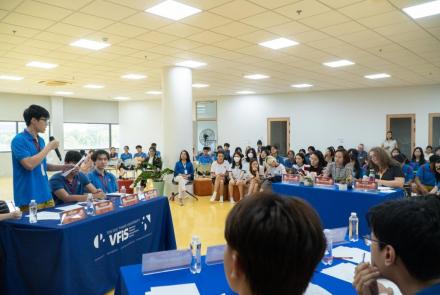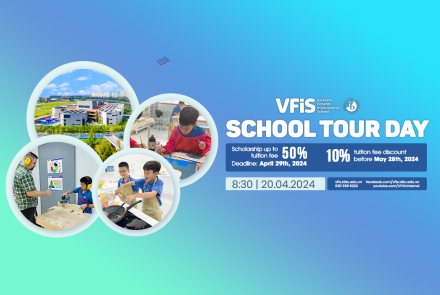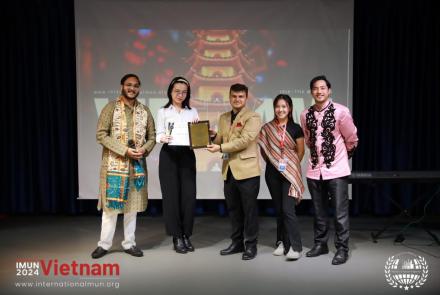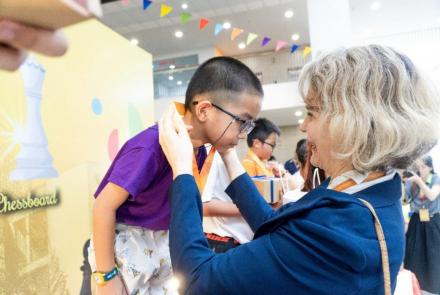VFIS Discovery
HOW A VFIS EDUCATION PREPARES FOR LIFE AFTER GRADUATION
We often hear from parents, “What are the skills, knowledge and attitudes my children will have after graduation from VFIS? Will they be prepared to study overseas as well as here in Vietnam?“
The latest Finnish curriculum reform aims for students to secure necessary knowledge and skills as well as encourage learning. Some key goals include enhancing student participation, increasing the meaningfulness of learning and enabling every student to feel successful. This short article attempts to highlight some key elements of a VFIS education.
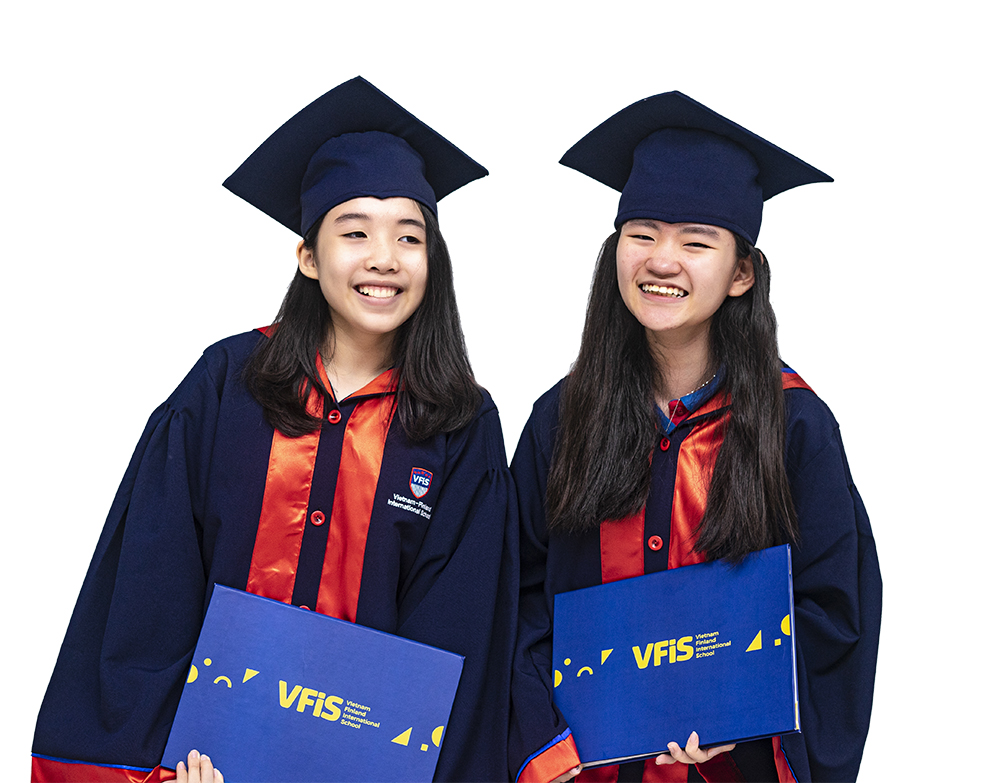
THE NATURE OF LEARNING HAS CHANGED
Digitalisation means that we—adults and children—have more information at our fingertips than ever before. We do not need to memorise information the same way as previous generations. What we do need, however, are skills to process information, whether it is written or audio-visual. Processing involves evaluating the validity and usefulness of information as well as making connections and even creating something new. That is why at VFIS, our teachers value creativity and resourcefulness. Many learning tasks emphasise problem solving over simply recalling previously learnt information. Increasingly students are guided to work in pairs or teams so that they develop important social skills, such as listening, cooperating, taking turns, sharing, losing gracefully, delegating tasks among group members and understanding different points of view. Teachers go to a lot of effort to draw topics from the real world, so that students can see how their learning relates to life.
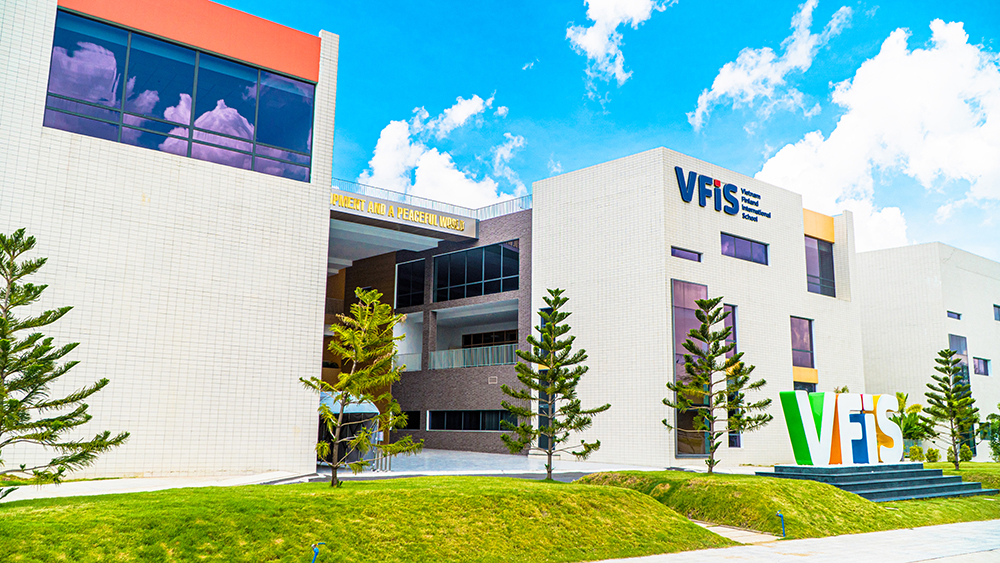
THE NATURE OF WORK HAS CHANGED
A hundred years ago, one could expect to have the same career all one’s life. A builder would stay a builder, a merchant a merchant, a teacher a teacher. Nowadays, it is common for people to change jobs frequently and even change their field of professional expertise. Societies and therefore job markets are more flexible and more complicated, also more international. To navigate successfully from one job to another requires self-confidence and perseverance. At VFIS, students learn many everyday skills that can be applied to any career. We also try to instill in students a joy of learning that will stay with them for the rest of their lives. Graduation is an important step in one’s career path, but those of us currently employed know that today’s working life requires constant learning in order to develop as individuals and enjoy our careers. Collaborating with others, balancing one’s work and personal life, daring to make mistakes and appreciating people from other cultures are just some important skills. The variety of subjects and the curriculum of VFIS ensure that students discover their strengths and are prepared for the career—or careers—of their choice.
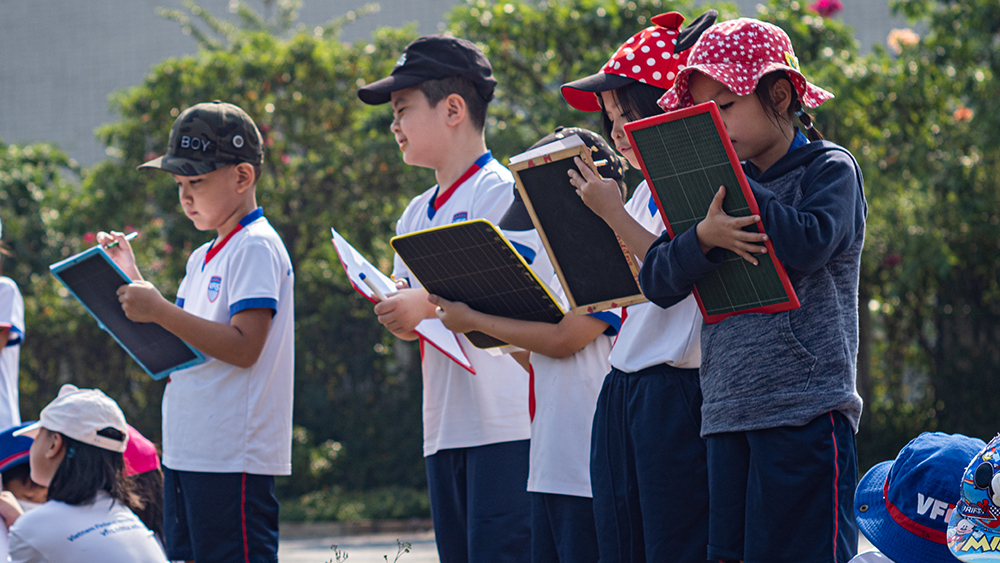
LEARNING FROM HISTORY TO CREATE A BETTER FUTURE
Learning at VFIS draws on centuries of human civilisation. One of our history teachers reminded me that Vietnam has a glorious and bitter history. Especially in history but also in other subjects, our students learn about the past so they can see how humankind has developed over time. This encourages students to recognise their own place in that chain of generations, not wandering in vain but connected to the people who came before, live now and will come after. A sustainable and peaceful coexistence requires understanding and compassion for humanity, something which VFIS teachers try to instill in their students via their own subjects and life experience.
The mission of VFIS is to inspire its students to be internationally minded, caring and balanced, enabling them to lead rewarding personal and professional lives in an ever-changing world.


